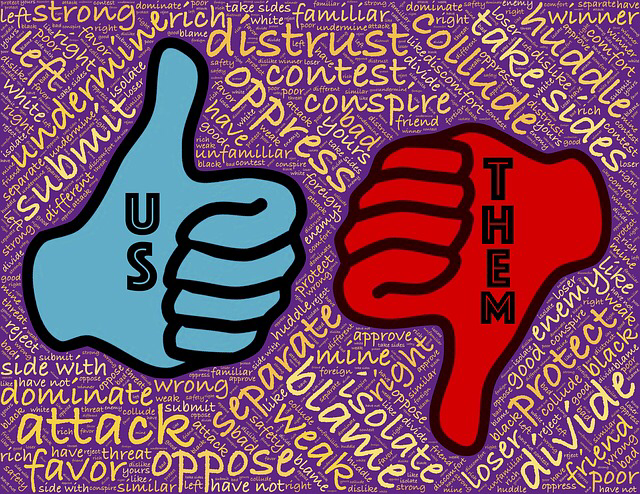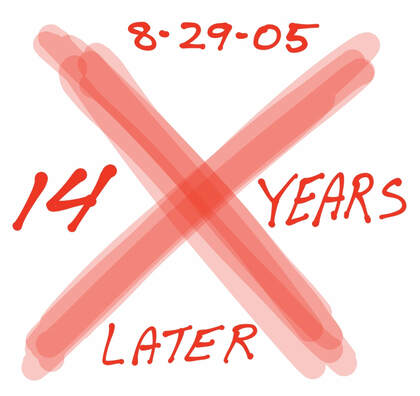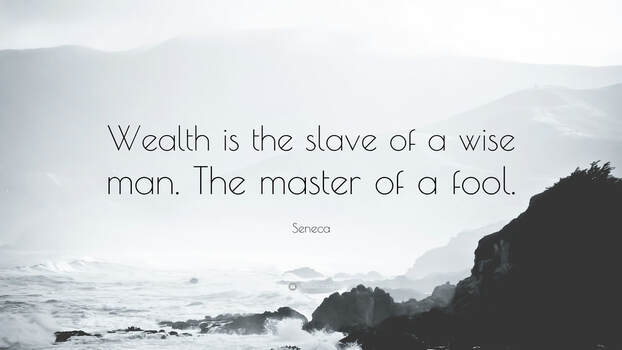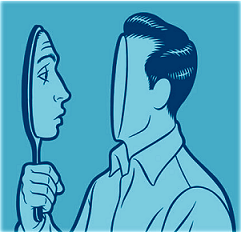If we can manage to look past our egos, we’ll see that it’s never really pragmatic to lose our compassion and perspective.
Be kind to those who fail, because there was a time where we wanted that same kindness in the midst of our own failures. Be kind… it’s the right thing to do.
-end-
Before I offer my traditional closing, I’d like to take a moment to mark the time that’s past (⅔ of a year), and recap what we’ve covered so far. The first four months covered the Discipline of Perception, and the second four just concluded the Discipline of the Action. We’re about to begin the final four months and the final Discipline, the Discipline of Will.
I’d like to thank the people who’ve been along for the ride over the last eight months, and hope that you’ve been getting something out of these musings. I know I have. This practice of reflection and incorporation has been very rewarding for me, and I truly pray that you, dear reader, have been equally rewarded.
That being said, I’ll (See y’all tomorrow) for the beginning of the final third.











 RSS Feed
RSS Feed
